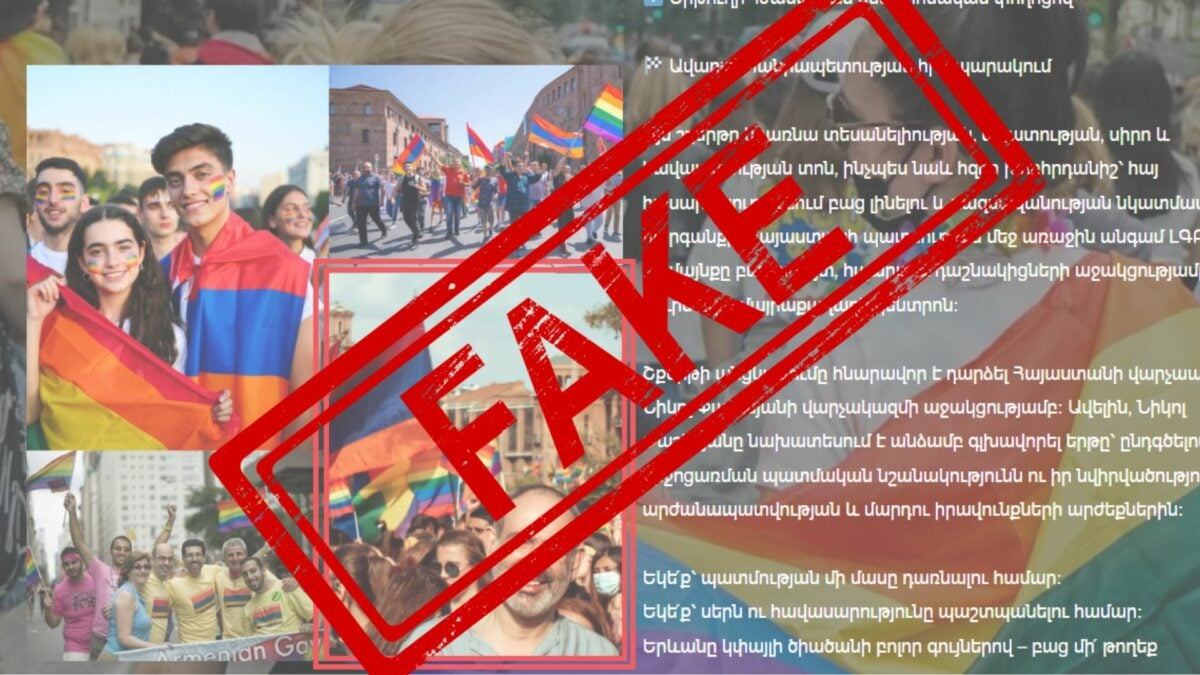During the plenary session of the National Assembly, a draft was discussed in its first reading, aiming to restrict the airing of TV programs, TV shows, and films promoting criminal subculture.
The amendment is made by adding provisions to the “Law on Audiovisual Media,” the authors of which are the Speaker of the National Assembly, Alen Simonyan, and the Secretary of the “Civil Contract” faction, Artur Hovhannisyan.
Specifically, it is proposed to prohibit the broadcasting of TV programs containing propaganda of criminal subculture from 06:00 to 00:00. The authors note that such films and programs have a negative impact on minors and young people.
During the plenary session, Artur Hovhannisyan presented the project and answered questions from the deputies. Below are some of the questions in written form.
Civil Contract deputy Hakob Aslanyan. Wouldn’t it be better to code films containing such elements instead of restricting them with a time limit? Implementing codes could restrict minors from accessing such films.
Arthur Hovhannisyan. I am unsure about your proposal’s technical feasibility. Some channels on the cable broadcast network already offer the option for limiting access by setting up a code. We are discussing TV shows, movies, and other programs, and we need to clarify the standards and eliminate inappropriate content. One suggestion is to label such films as 18+ and display logos even during catch-up viewing, with parents monitoring their children’s viewing habits. Ultimately, regardless of the laws we enact, parental control is crucial in preventing minors from accessing such material.
Civil contract deputy Armen Khachatryan. Some movies depict such characters in a positive light, but there are also movies that have educational elements and discuss criminal subculture. In such movies, punishment is shown to be inevitable and can be fatal for people living in that subculture. These movies depict how destinies are ruined in the criminal world. Can you explain how you plan to set apart these films from others?
Arthur Hovhannisyan. Based on the scenario you described, there could be a lengthy movie that lasts for 2.5 hours and ends with a negative outcome for the characters. However, during the the film, there are certain scenes that depict the characters in a positive and romantic light. These scenes tend to leave a lasting impression on teenagers and minors, regardless of how the movie ends. As a result, many of them may imitate these scenes in real life, which is a trend that we are currently witnessing.
Of course, when a teenager watches a film with an unfavorable ending, they may be influenced by it. However, that child can only watch one movie episode shown at a public multiplex during the day and be affected by it. One thing is clear: videos of law enforcement officers where such characters are brutally detained are not propaganda because such characters are not portrayed positively there.
Gegham Nazaryan, deputy of the Armenia faction. In the age of modern technology, it is difficult to control what movies minors watch. Of course, I prefer not to expose them to such films. However, when drafting the law, did you consider the possibility of catch-up services like YouTube? Perhaps we should suggest to communication operators not to record or allow access to such films and programs for catch-up viewing.
Artur Hovhannisyan. With this project, no one claims to address every aspect of this phenomenon. Indeed, it is not feasible to impose bans on the internet through legislative measures. We are specifically addressing the public multiplex, where legislative instruments can be applied, and that’s where our focus lies.
There is the possibility for catch up and we will consider the proposal to feature a logo on films of such character. However, we must keep in mind that we cannot solve the problem without implementing parental control measures, as the subject matter concerns minors. Let us start by addressing this issue in the public multiplex, and then we can explore other platforms if it is technically feasible.
Regarding your proposal, we have indeed discussed a similar matter, and as far as I know, it is technically feasible. Many cable channels disable the catch-up feature to prevent viewers from watching or recording football matches. I believe we will revisit this issue during the first and second readings.
Civil Contract deputy Mariam Poghosyan. I am concerned about Armenian TV series. Am I correct in understanding that these series should only be shown after 00:00 due to their criminal subculture? From the early 2000s until now, Armenian serials have not shown any improvement. Can’t we standardize the content of these shows so that they don’t contain such elements? I believe that TV series are addictive and can affect one’s upbringing. Through watching TV series, one can form an opinion about the people and the state of the given country.
Artur Hovhannisyan։ That is precisely what we are trying to do. By including provisions in the law regarding films containing criminal subculture, we aim for the regulatory body to establish standards and prevent the broadcast of such content on air.
I believe we should refrain from delving into the content of the series as it may lead to censorship. Filmmakers should have the freedom to produce any film, and individuals should have the opportunity to watch them on various platforms. However, such content shouldn’t necessarily be showcased through the public multiplex. These films are produced because there is a market for them. The issue is broader and requires efforts to improve public relations and promote positive role models. These are matters concerning education and upbringing, which demand long-term efforts.
According to Sisak Gabrielyan, a member of parliament representing the Civil Contract faction and a former journalist, while the goal of the project is commendable, it is wrong to base it on the criminal code.
“CTR cannot determine whether something constitutes criminal propaganda,” stated Sisak Gabrielyan. “Although the aim to prevent the promotion of criminal culture as outlined in the criminal code is a positive step, the regulatory body may find it difficult to identify what constitutes criminal activity. Only the court has the power to make such decisions,” he stressed. Gabrielyan pointed out that determining whether something is erotic, for example, is easier to assess based on its characteristics.
The deputy representing Civil Contract also noted that the law will only impact public multiplex channels, whereas there are numerous cable channels available. As a result, the multiplex channels are likely to suffer from this legislation.
“Regardless of the law we enact, applying it solely to these few TV channels puts them at a disadvantage and is unfair. Please consider this as well,” stressed Sisak Gabrielyan.
Deputy Minister of the Ministry of High Tech Industry of the Republic of Armenia, Avet Poghosyan, was also present at the meeting. Following the question and answer session, he announced that after discussions with the deputies, they reached the conclusion that such phenomena should be rejected, stating that the government had given a positive conclusion to the bill.







